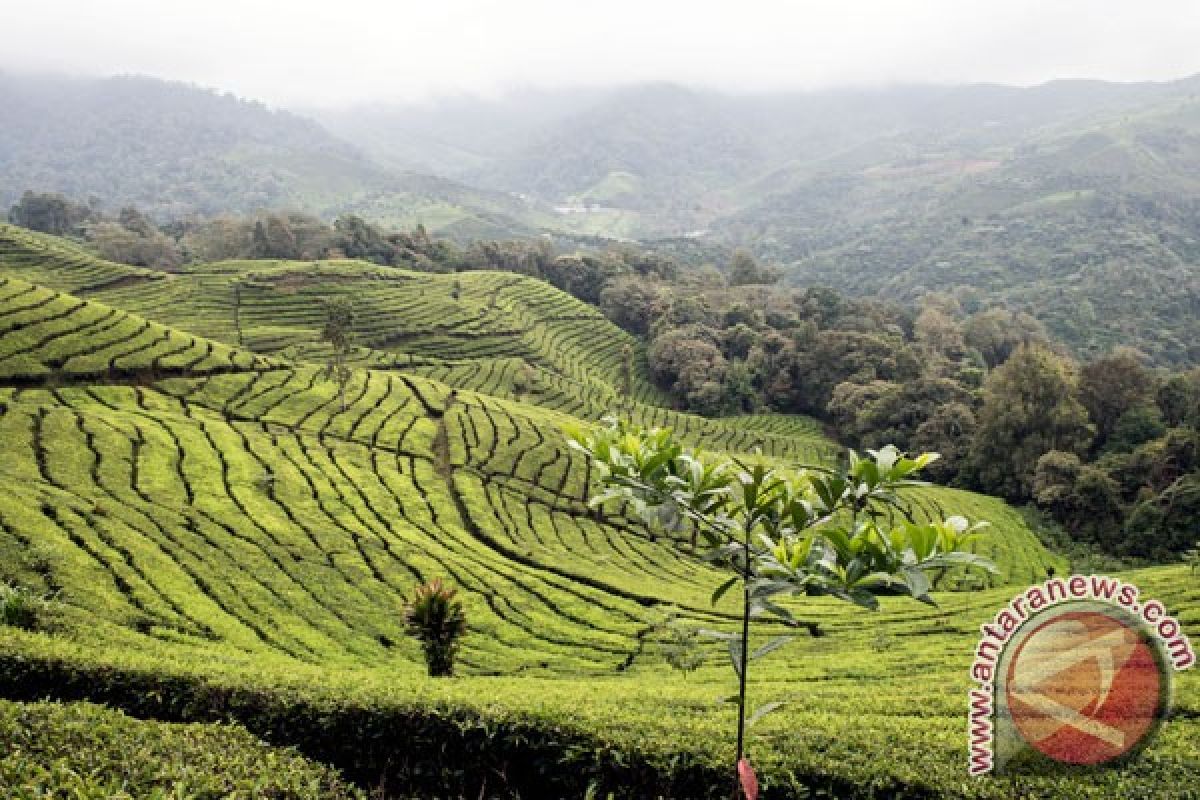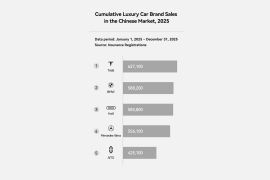Indonesian tea became the leading in the category of black tea. Other categories that the country followed included green tea, white tea, oolong clear, darjeeling, oolong moyen, oolong oriental beauty, oolong dark, and others.
"We appreciate this achievement. The Trade Ministry continues to diversify Indonesian tea products to be more valuable and competitive, in order to strengthen tea export market," the ministry`s director for National Export Development, Ari Satria, said in a press statement received by Antara on Tuesday.
At the international event, 113 tea products from 15 countries competed to win 53 awards.
The award recipient for black tea category was PT Bukitsari, with its "Bangkit Wangi" brand, from InterAromat BV as the main distributor and European representative in Paris.
The participation of Indonesian tea products in this competition started from a seminar entitled "Export Opportunity of Tea Products to Abroad" held in Bandung, West Java, on March 28, 2018.
At the seminar, representative from AVPA, an organization that aims to help increase the value and marketing of agricultural products at national and international levels, delivered a presentation about the certification of tea as one of the requirements to enter the French market and the implementation of the International Gourmet Tea Competition" Teas of the World "AVPA-Paris 2018."
France is the fifth largest tea importer in Europe. Based on Trademap data of 2017, the French import value for tea products, with or without taste variant with HS 0902 code, has reached US$168.37 million.
A total of 25 percent of the value is for premium tea or tea of origin, while the rest is tea bags purchased at the supermarket.
In 2017, Indonesia`s tea export amounted to $117.94 million, a 1.02 percent increase compared to the previous year.
In 2017, Indonesia was ranked 13th among the world tea exporters, with 1.32 percent market share of the world`s total tea exports.
"The data indicate that the Indonesian tea industry has the potential to grow due to the increasing trend of consumption patterns of tea products among the world community, especially the upper middle class, for the improvement of global economic growth," Satria concluded. *** 3 ***
Reported by Vicki Febrianto
(Y013/INE/B003)17-07-2018 22:14:20
Reporter: .
Editor: Fardah Assegaf
Copyright © ANTARA 2018











